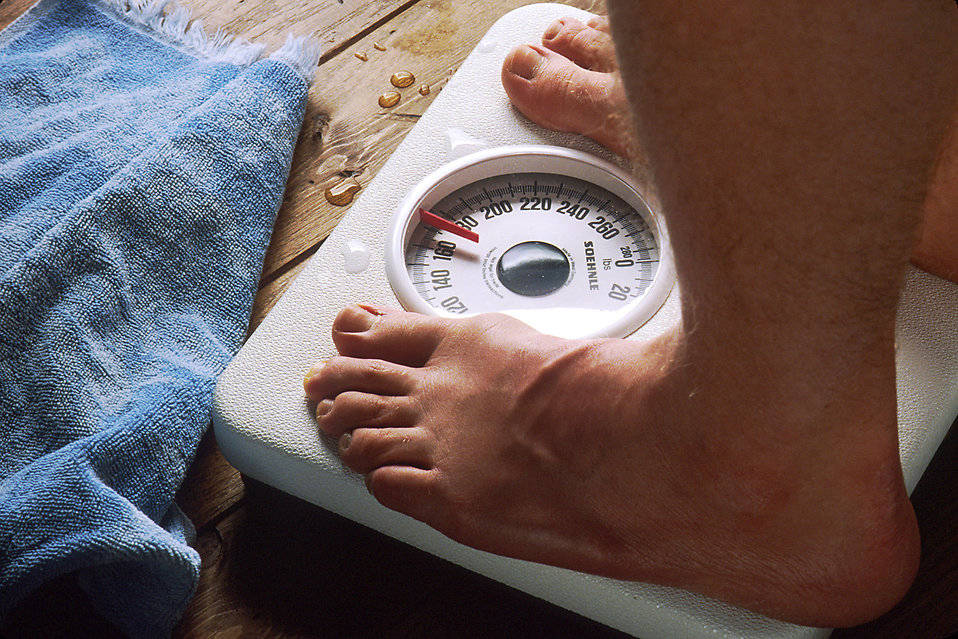The "3 Week Stall"
Weight Loss Stall After Bariatric Surgery
Weight loss surgery can be one of the most exciting and nerve-wracking experiences a person may go through in their life. For many, it is a surgery they have spent months preparing for, and possibly years thinking about. Some have even called it a "rebirth", a "fresh start", or a "new beginning". It is a procedure that can have an indescribable long-term effect on an individual's life.
It is understandable then, how patients feel when they hit their first stall. The scale doesn't move...the momentum hits a wall. Panic and frustration may flood patients' minds and be coupled with ideas that they are doing something wrong. The truth is, that patients are often doing nothing wrong. Patients often hit a plateau a few weeks after surgery because of physiology rather than the patient's diet or habits.
Patients are often instructed to follow a "liver shrinking diet" before surgery to prepare their bodies and ease the job of the surgeon. This diet may be a low-calorie, low-carb, or liquid diet depending on the clinic. While the smaller liver is often great during surgery, it's not a size that your body wants to maintain long-term as a fully functional liver helps our body with many different processes. Due to this need, the body will slowly start to help the liver get back to a healthy size after surgery, which can oftentimes take....you guessed it....about 3 weeks.
This stall may appear earlier or later than 3 weeks post-op and may last a few days to over a week in time. No matter what, it is crucial to ensure that the guidelines given by the surgeon’s office continue to be followed.
Weight loss will take time, no matter what. Often the first month's rapid weight loss is a combination of water, muscle, and fat. However, long term it is best to remember that slow and steady wins the (fat loss) race.
Tips for dealing with a weight loss stall after gastric sleeve or gastric bypass surgery:
1. Check your weight no more than 2x per week. If you need to, put your scale away on "non-weighing days" to ensure that you won't use it.
2. Focus on your HABITS and enjoy the journey. This is not a yo-yo diet. It is not a quick fix. This is your new life. Treat your body with kindness and you'll see what amazing things it will do for you.
3. Remember that weight loss (when graphed) often looks like a staircase rather than a steep slope. Some days you'll lose, others you won't. Don't judge yourself based on those numbers.
4. If you do weigh yourself, make sure that you are also taking note of your measurements. Fat takes up a lot more space than muscle. If you're losing inches and slowly losing pounds, this is often an indication that you are losing fat rather than muscle.
If you do notice the dreaded "3 week stall", think of it as a badge of honor, a milestone, and "just a phase". Rather than thinking of your journey being "off course", remind yourself that it is just beginning. Time to enjoy the ride!
For more information about weight loss plateaus, check out this previous article and download the free handout Measuring My Success After Weight Loss Surgery.

